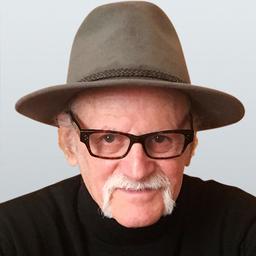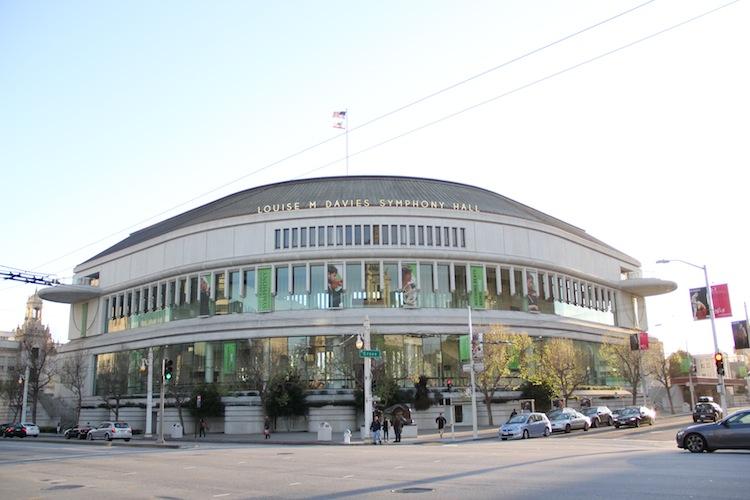Commentary
Living on the streets is a crime. A violation of the law. To force citizens to react, or worse, not react to the plight of their fellow man and pretend to not notice, ultimately may force everyone to leave. This includes those born and raised in San Francisco and this author.





